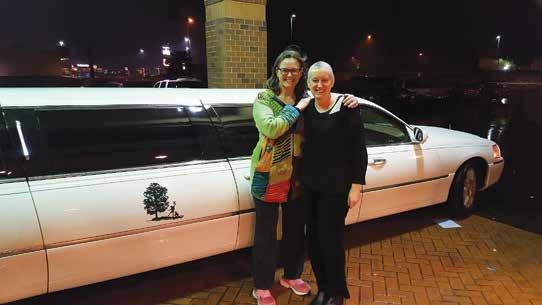
4 minute read
Overcoming breast cancer
By Molly Ovenden
Duluth resident Laurie Orbeck is mom to 18- and 12-yearold boys, and a 13-year-old dog. Orbeck is also a daughter and sister, mental health therapist, UMD graduate, gardener, traveller, and NPR listener.
“I’m kind of a nerd,” Orbeck said.
Her kids would say she’s “an old hippie,” born in the wrong decade, growing up on a farm, being outdoors.
Identifying as a cancer survivor isn’t her preferred conversation starter. During treatment, it was difficult not to lead with the cancer narrative, but she’s more than the cancer she’s overcome.
Preparing for cancer
Orbeck’s father received a stage 4 colon cancer diagnosis in 2009. Doctors gave him 12-18 months to live. Four years, 11 months later, on October 9, 2014, Orbeck’s father passed away.
Six months later in April, Orbeck received her own cancer diagnosis. At 44 years old, she’s younger than the average survivor.
“Dad taught me everything I needed to know to survive,” she said.
She pays tribute to the mammography techs because they helped her catch the cancer before anyone knew it was there.
“Had I not had my mammogram, I don’t know what would’ve happened,” Orbeck said.
Treatment
“I was really adamant,” Orbeck said.
She fast-tracked the results to be able to tell her family in person at Easter.
The hardest part: telling her 75-year-old mom and sisters. They’d lost a husband and father only months earlier, but they were supportive.
Orbeck’s mom came to her first chemo appointment.
Orbeck followed recommendations, doing chemo before surgery to observe whether it’d work on her type of cancer. It wouldn’t be worth enduring treatments if it wasn’t effective, but it was.
Two weeks into treatment, her tumor was completely gone. Orbeck was thrilled and empowered to finish treatment.
Ensuring she received a second opinion was important. For peace of mind, she visited Cancer Treatments of America, a private for profit hospital for cancer patients only.
Recovery
Orbeck hadn’t anticipated being bald with infected, fallingoff fingernails and toenails, but she operated in survival mode, enduring 13 months of cancer.
Breast cancer used to be a death sentence, but there’ve been significant medical advances over the past few decades.
“My mindset was about being alive for my kids,” she said. Orbeck prioritized her children and clients, only missing a few days of work.
With vulnerable clients, she wore a wig during treatment.
Eventually it got itchy and her hair grew back, turning from brown to silver. A colleague shaved his beard to distract clients from Orbeck’s suddenly short, grey hair.
Mastectomy decisions


Orbeck’s goal was to be alive, to watch her kids
Continued on page 10

RecognizingWomen as aDrivingForce
The womenofour communityare adrivingforce andwerecognize them each year forwhattheybring to ourunique culture.We’re lookingtoyou,our readers,to helpuscelebrate thoseamong us whodrive us forward. Nominateaspecial womanyou know todaybysending us ashort summarydescribingtheir contributions to our community
We will honorwinnersinthe following categories:
RosieAward
Awards willbe presented at the Fifth Annual Awards Gala on Wednesday, March9,2022
Deadlinefor nominations is January31, 2022.
Forquestions, please contactAli at 218-428-2929 or dearrosie@thewomantoday.com
Presentedby graduate. Everything she gave up, plus a mastectomy, hysterectomy and early menopause have been worth it, she said.
After a mastectomy, there are numerous options from plastic surgery to prosthetics. The health care team will advise, support group members can share what worked or didn’t for them, but ultimately it’s the individual’s decision.
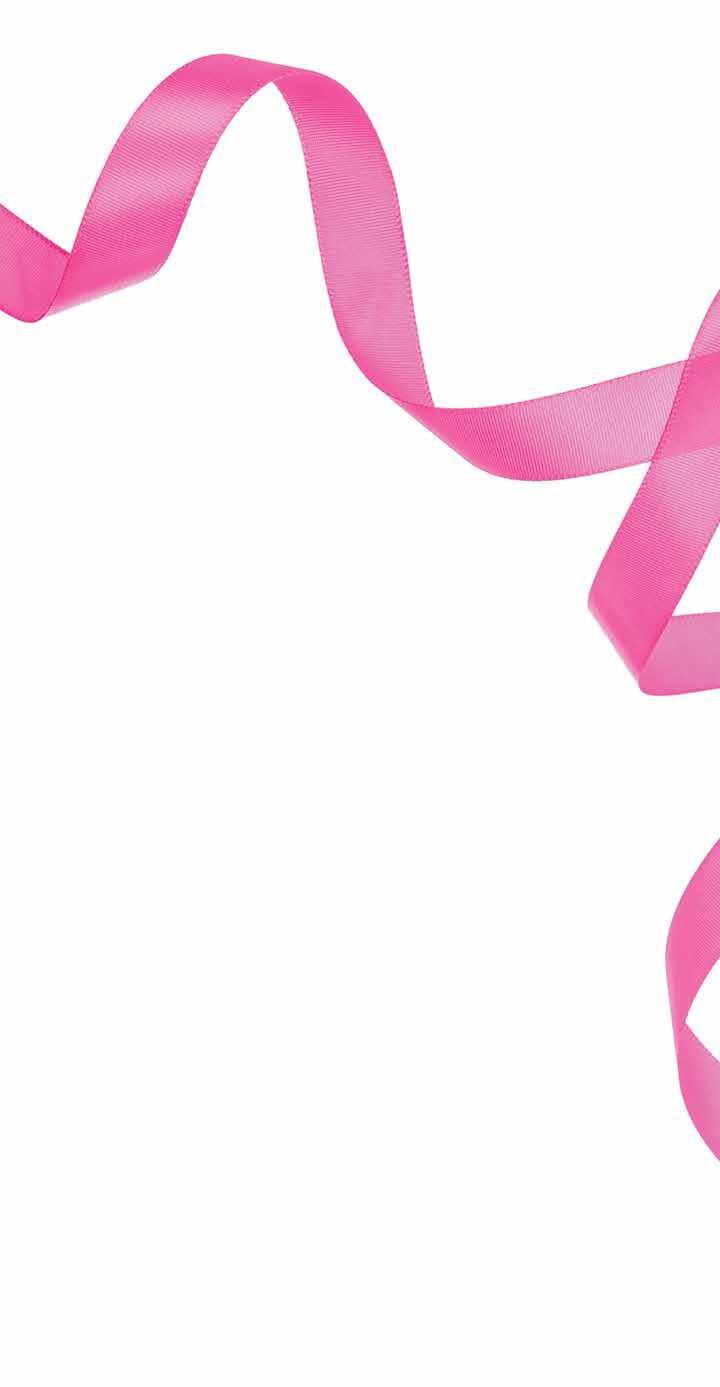
Orbeck wears prosthetics. Dr. Friday at Essentia helped with reconstruction.
“It’s definitely not what I planned to do with the summer of 2015,” Orbeck said.

She’s still celebrating all that she’s overcome and the life she’s able to live.
Orbeck’s advice from her experience
1. Ask for help. A therapist or breast cancer navigator can help. Women often struggle feeling weak or incapable because they can’t do everything. “Give yourself permission to not be superwoman,” Orbeck said. Experiencing depression or suicidal thoughts isn't uncommon, but it’s crucial to contact a mental health worker for support.
2. Don’t get lost in the “why me?” People often want to figure out why this is happening to them and do a stressful deep dive on their family history.
3. Research. Trust the care team, but get a second opinion, if that feels right. Remember that you’ll never know more than your oncologist. It’s also OK to not be part of a clinical trial if it doesn’t feel right.
4. Flush twice. Orbeck cautioned family members to let her clean the toilet while undergoing chemotherapy because it can be toxic to others.
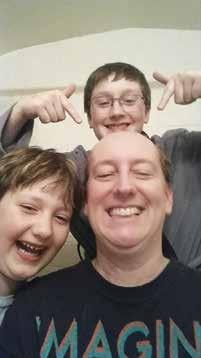
Advice for caregivers, friends, family
Licensed oncology social worker Tina Roberts has worked for St. Luke’s in Duluth for more than 30 years, facilitating the breast cancer support group for 20 years. She offers the following advice
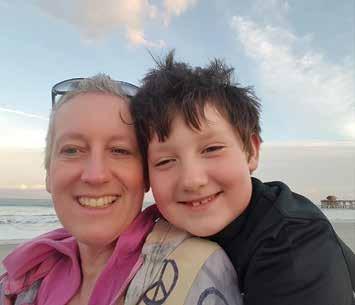

1. Be present. Maintaining a connection with your loved one, whether you talk or not is significant. Ask whether they want to talk or simply want someone to be with.
2. You can get support, too. When caring for someone you love who is fighting breast cancer, take care of yourself so your caregiving is sustainable. Find a support group, online or in person.
3. Be specific. Ask your loved one about fulfilling a specific need, like cleaning the house, bringing a meal, booking appointments, doing laundry, etc.
Advice for breast cancer fighters
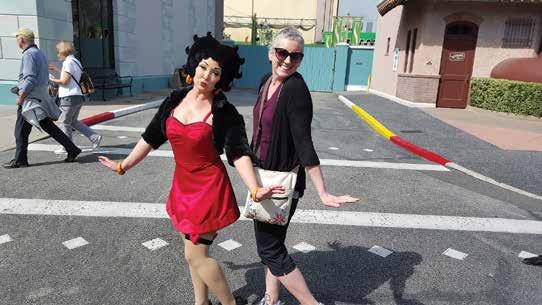
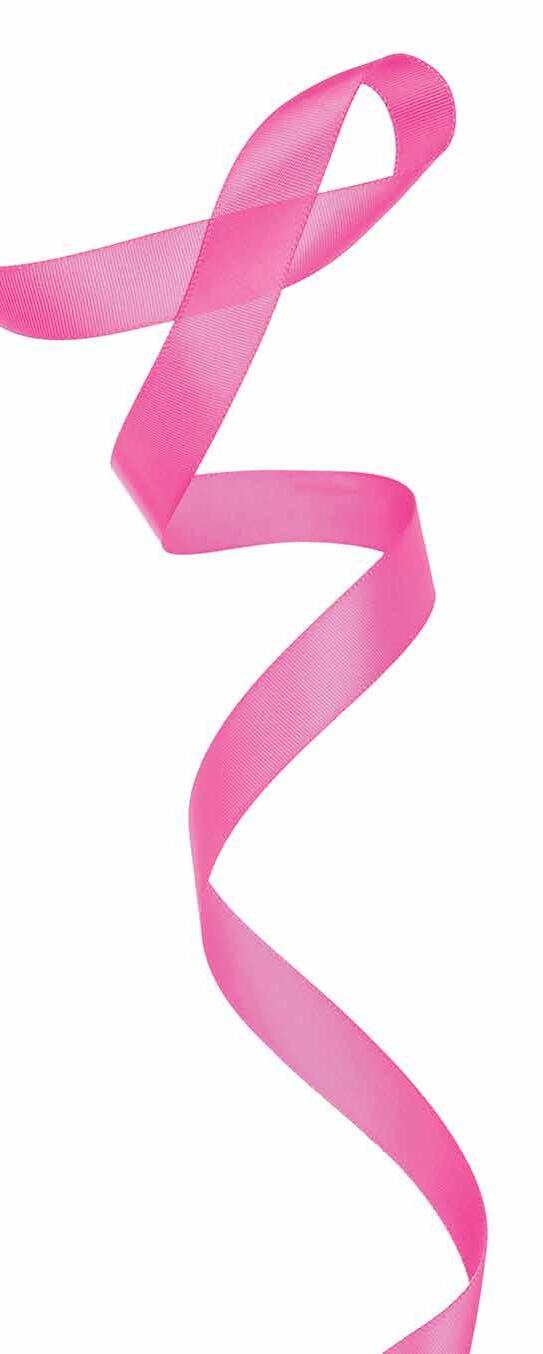
1. Advocate for yourself. Be honest about what you need from friends, family, and your medical community care team. You’re allowed to say, “‘I don’t want to talk about cancer today,’” Roberts said.
2. Renew joy. Spend time focusing on learning, nutrition, prayer, meditation, reading, journaling, expressing gratitude, and hold onto hope.
3. Allow people to help you. “Don’t take the joy of letting people help you,” Roberts said.
4. Community is powerful. Women in the support group are experts, honest about setbacks and reasons to be hopeful no matter what stage of the fight.
5. Everyone’s experience is different. Sharing can be helpful, but comparing isn’t. Remember that details of everyone’s case vary widely.
6. Feel and express your full spectrum of emotions. There’s lots to grieve: loss of time for appointments, labs and treatments, and loss of health. People can also feel joy daily.
“Every day we’re getting better and better and stronger and stronger,” Roberts said, sharing the support group declaration.
Continued on page 12
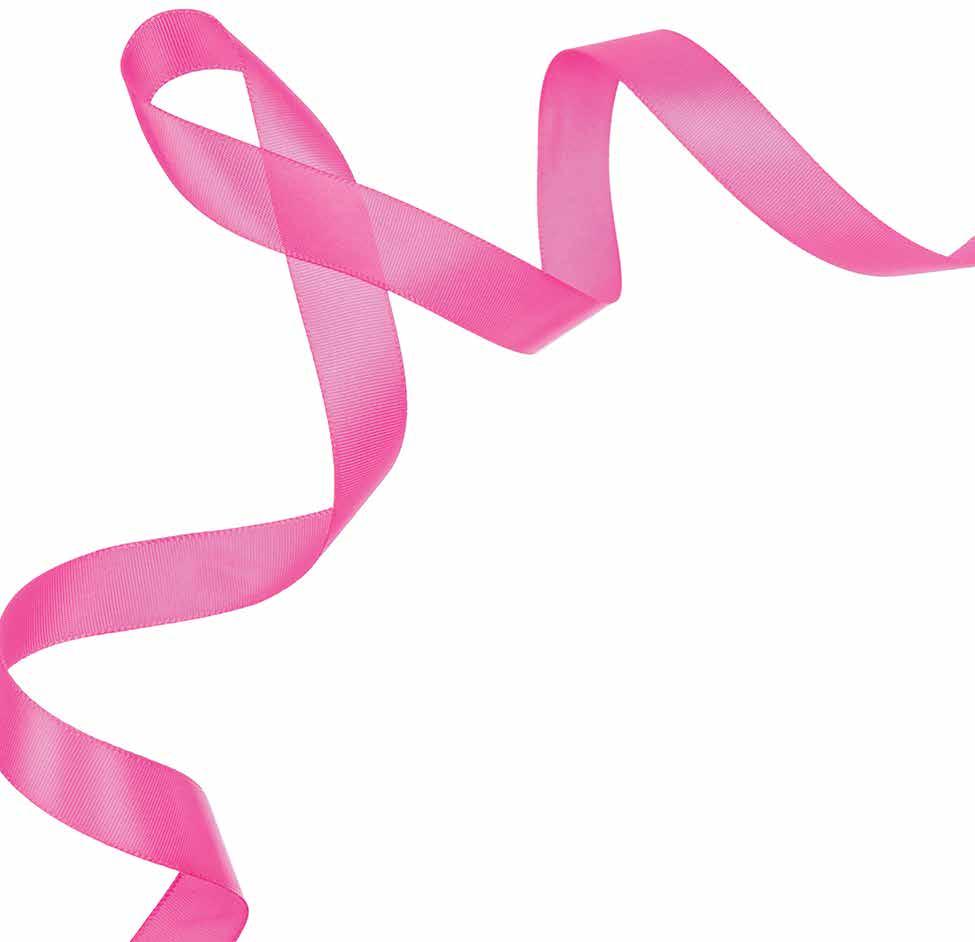


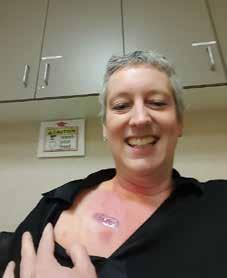
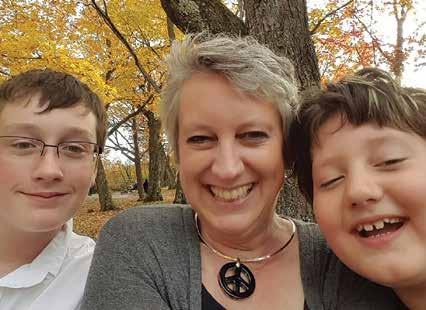

Resources:
• American Cancer Society, cancercare.org
• Breastcancer.org
• After breast cancer diagnosis, abcdbreastcancersupport.org
St. Luke’s in Duluth Lakeview Building
• Cancer support group: first Monday, monthly, Lobby, 6-7:30 p.m.
• Caregiver support group: first Tuesday, monthly, 4th Floor, 3:30-5 p.m.
Essentia in Duluth Clinic in 1st Street Building


• Breast cancer support group: first Tuesday, monthly, Oncology Classroom, 3rd Floor, 6-7:30 p.m.

Molly Ovenden is a Duluth freelance writer.











